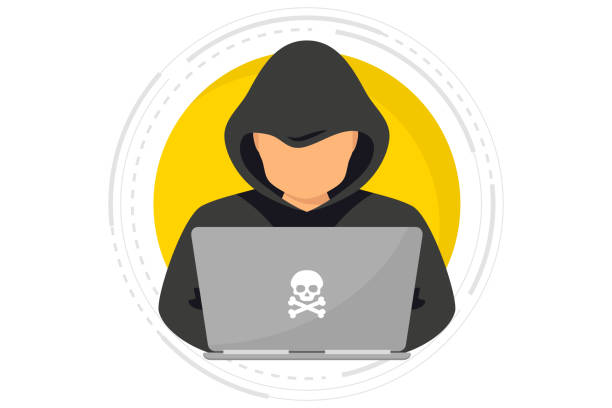


Before computers became as common as staplers in the workplace, there was really no need for laws specifically targeting computer crimes. In recent decades, however, computers have become versatile vehicles for a number of criminal activities including hacking into financial records, identity theft, and embezzlement and destroying property through the introduction of a computer virus or worm. Both federal and state governments have responded by drafting statutes prohibiting certain computer-related activities. In fact, as Mark Sherman, a Stamford criminal lawyer explains, even things that seem like a harmless prank can in fact have significant legal consequences.
The laws in Connecticut which define computer crimes go far beyond the introduction of potentially harmful viruses or using a computer to obtain information with the intention of defrauding another person. In fact, many people have found themselves in need of a goodStamford criminal lawyer after unwittingly violating this section of the Connecticut statutes. In this state, computer crimes are defined as the following:
Charges for violating these provisions can range from misdemeanors to felonies depending upon the amount of damage inflicted.
While computer crimes usually involve individuals and businesses, they can also arise out of a personal relationship. One of the first things a Greenwich or Stamford criminal lawyer will look at when defending a client charged with a computer crime is whether or not the defended had a reason to believe that his access to the system was granted. In fact, the actual statute states that a belief that access was permitted or would have been permitted had the party requested it can be raised in defense.
For example, if a party has established a password to protect or lock up their information, then it is natural to assume that the party who owns the computer or the information in the files wants to limit access and keep that information confidential. If, on the other hand, that friend, partner or spouse has given you the password and routinely allows you to access the data it contains you would have a reasonable assumption that access was permitted and could have a valid defense if this led to a legal challenge.
When pranks become crimes
In many cases charges of computer crimes are often the result of ill-conceived pranks, something that is frequently the case with young people. While it may seem like a great fraternity fun to introduce a program which causes messages to pop up on the school computer system; such a joke may find you seeking the services of an experienced Greenwich criminal attorney.
Are you facing prosecution for computer crimes? If so, your best bet for a favorable outcome is to contact a Stamford criminal lawyer experienced in defending hi-tech charges.
Mark Sherman, a graduate of the University of Pennsylvania and Fordham University of Law, has been a member of the Connecticut, New York and Florida state bar associations since 1998. He has offices in Stamford, Connecticut and New York, New York which provide both criminal and civil representation. He was recognized as one of the top attorneys in 2011 by Connecticut Magazine and “Super Lawyer” by both New England and Connecticut Super Lawyers for 2011 2012, and 2013. His firm as successfully represented clients on a wide range of criminal charges including DUI, assault, drugs, larceny, and forgery among others.